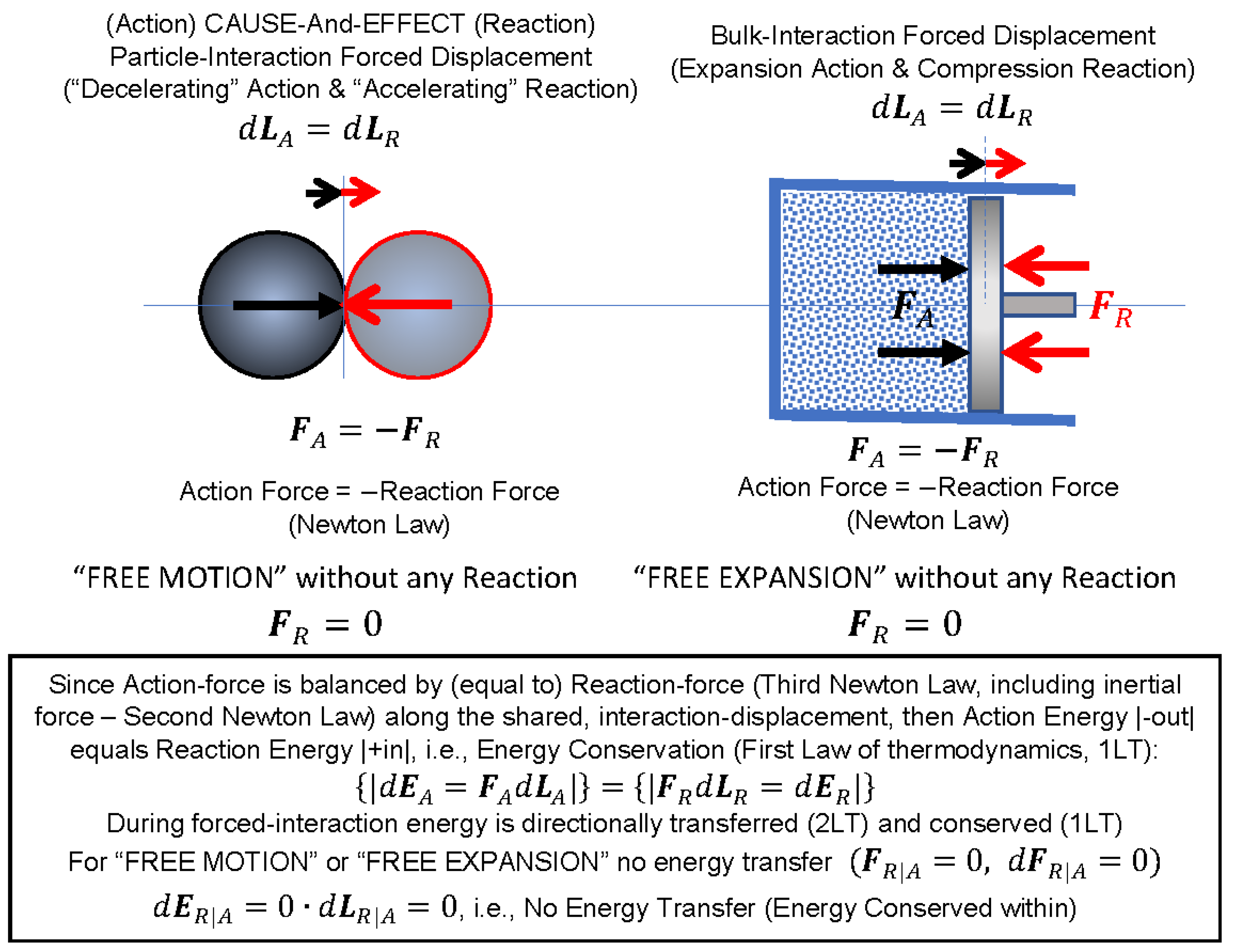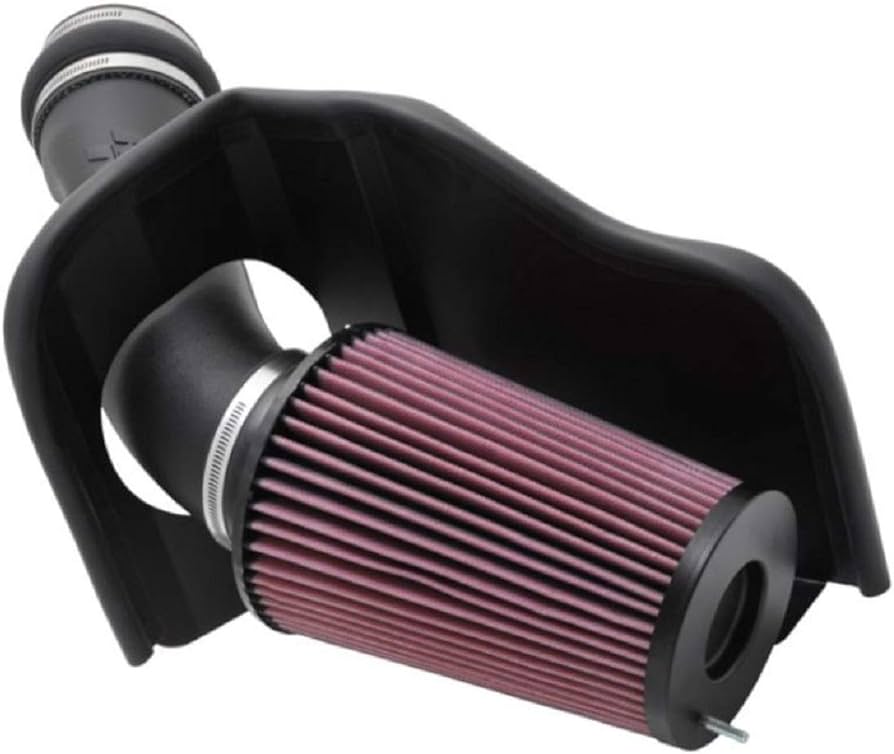7.3 Powerstroke Sluggish Acceleration: Causes & Solutions
Are you experiencing sluggish acceleration in your 7.3 Powerstroke? It can be a frustrating issue to deal with, but fortunately, there are several common causes that could be contributing to this problem. In this article, we will explore the potential reasons behind your 7.3 Powerstroke’s sluggish acceleration and discuss possible solutions.
Fuel System Issues
One of the most common culprits behind sluggish acceleration in a 7.3 Powerstroke is a dirty fuel system. Residue and deposits can build up in the fuel system, leading to a limited capacity to deliver fuel to the engine. This can cause a loss of compression and inefficient combustion, resulting in sluggish acceleration. Regular maintenance and cleaning of the fuel system, including injectors, valves, and piston heads, can help address this issue.
Turbocharger Problems
A faulty turbocharger can also contribute to sluggish acceleration in a 7.3 Powerstroke. If the turbocharger is not functioning properly, the engine may struggle to reach higher speeds and deliver the performance it’s capable of. Checking the condition of the turbocharger and addressing any issues or malfunctions can help restore the engine’s power and responsiveness.

Credit: www.amazon.com
Exhaust System Concerns
Issues in the exhaust system, such as a plugged exhaust or leaks in the up pipes behind the turbo, can lead to sluggish acceleration in a 7.3 Powerstroke. These problems can restrict the flow of exhaust gases, affecting the engine’s performance. Inspecting and repairing any exhaust system issues can help resolve the problem of sluggish acceleration.

Credit: www.mdpi.com
Fuel Quality and Water Contamination
Poor fuel quality can also be a contributing factor to sluggish acceleration in a 7.3 Powerstroke. Water contamination in the fuel system, often caused by poor fuel quality and condensation, can lead to issues such as white smoke emissions and reduced engine performance. It’s essential to ensure that the fuel being used is of high quality and free from any contaminants that could impact the engine’s operation.
Diagnosing the Problem
If you’re experiencing sluggish acceleration in your 7.3 Powerstroke, it’s crucial to perform a thorough diagnosis to pinpoint the exact cause of the issue. This may involve conducting checks on various components, such as the fuel system, turbocharger, and exhaust system, to identify any underlying problems contributing to the sluggish acceleration.
Seeking Professional Assistance
If you’re unable to diagnose or address the issue of sluggish acceleration on your own, it’s advisable to seek the assistance of a qualified mechanic or diesel engine specialist. They can conduct comprehensive diagnostic tests and repairs to help restore your 7.3 Powerstroke’s performance and resolve the problem of sluggish acceleration.
Frequently Asked Questions On 7.3 Powerstroke Sluggish Acceleration: Causes & Solutions
Why Does My Diesel Truck Feel Sluggish?
Loss of power in your diesel truck may be due to a dirty fuel system, causing inefficient combustion.
What Are The Symptoms Of A Bad Turbo On A 7.3 Powerstroke?
Symptoms of a bad turbo on a 7. 3 Powerstroke include power loss, slow acceleration, and sluggish performance. This can be caused by a faulty turbocharger, dirty fuel system, or fuel quality issues. Common signs also include white smoke emission, fuel leaks, and low boost.
Checking the throttle position sensor is recommended to rule out fuel-related problems. Don’t overlook potential issues with the exhaust system or the fuel pump.
What Causes A Miss In 7.3 Powerstroke?
A miss in a 7. 3 Powerstroke can be caused by various factors. Dirty fuel system, faulty turbocharger, poor fuel quality leading to water build-up, leaks in pipes behind the turbo, and plugged exhaust can all contribute to sluggish acceleration and power loss.
It is recommended to diagnose and address these issues to restore the engine’s performance.
Why Is My 7.3 Diesel Blowing White Smoke?
White smoke in a 7. 3 diesel can be caused by water in fuel, a faulty turbocharger, or a fuel system issue.
Conclusion
Dealing with sluggish acceleration in a 7.3 Powerstroke can be frustrating, but by understanding the potential causes and seeking appropriate solutions, you can effectively address this issue. Whether it’s maintaining the fuel system, checking the turbocharger, inspecting the exhaust system, or ensuring fuel quality, taking proactive steps to diagnose and resolve the problem can help your 7.3 Powerstroke regain its power and responsiveness.





